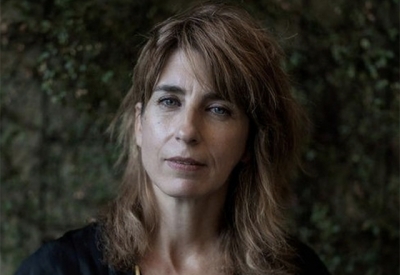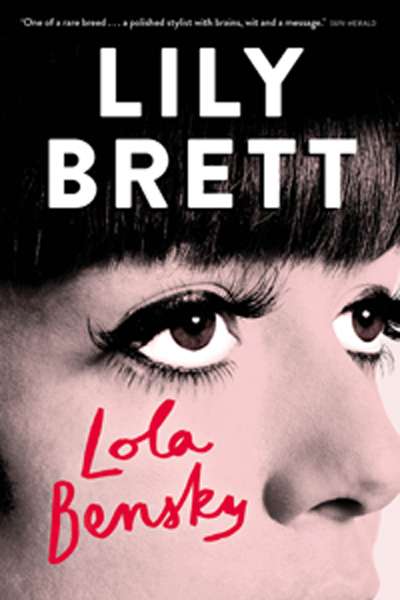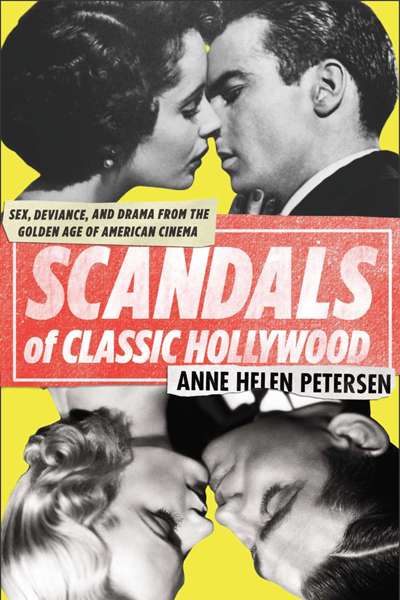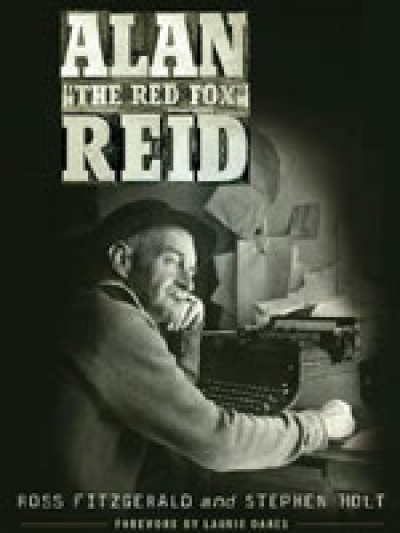February 2011, no. 328
Some locations are perfect for reading particular books; those that foster an extra connection to history as lived by the protagonists. Now that the labyrinthine corridors of Old Parliament House have been opened to all, climb the rickety staircase to the press gallery, Ross Fitzgerald and Stephen Holt’s book in hand, to reach the cramped den of power of their vulpine subject. Among the evocatively recreated rooms and the very pipework of the building that, we learn, literally leakedthe scoops from the House of Representatives below, the cigarette-addled voice of ‘The Red Fox’ still crackles out alongside the recorded clang of typed keys. Alan Reid, journalist, author, and political communications spin doctor before the term was even invented, died the year prior to Parliament’s move up the hill. But the old building’s new title as ‘The Museum of Democracy’ fittingly stamps the need to focus attention back on one wily fox, who ran free but unelected at the heart of the democratic process, and who has until now escaped scholarly assessment.






























